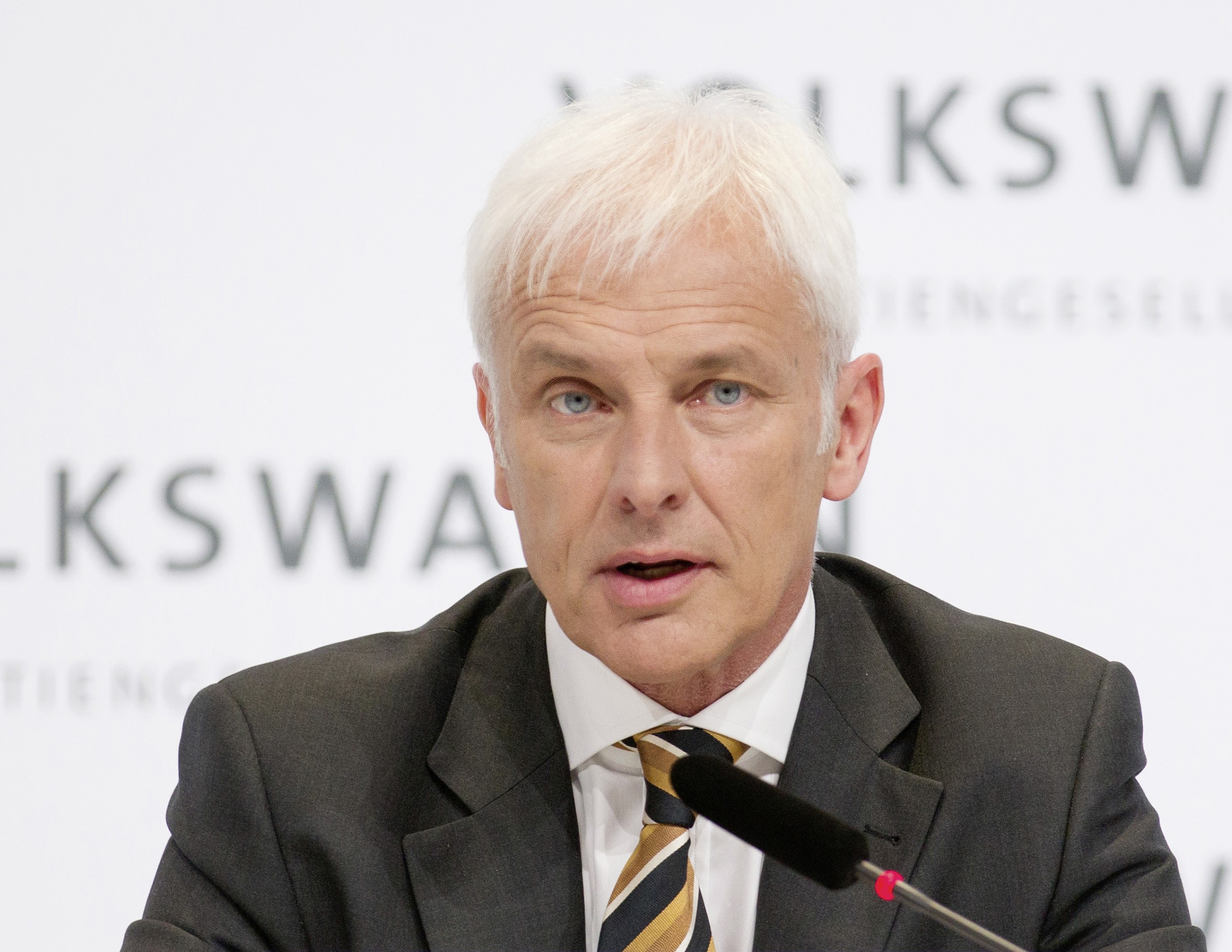On Tuesday, the attorneys general of Massachusetts, New York, and Maryland launched fresh lawsuits at Volkswagen Group and its affiliates Audi and Porsche, naming more than two dozen engineers and managers in an apparent scheme to install illegal software on diesel VWs, Audis, and Porsches that were sold in the US.
The civil lawsuits allege that prior to the Environmental Protection Agency’s (EPA) public announcement in September that it had discovered defeat devices to circumvent emissions control systems in VW Group’s diesel cars, the German automaker engaged in a year and a half of cover ups and deception with the knowledge of VW Group’s former CEO, Martin Winterkorn. The company “only confessed to the defeat devices when they knew the regulators had them pinned to the facts,” according to the New York attorney general’s press release.
The lawsuits also allege that VW Group has not cooperated with investigators. “When the investigation was getting under way in late 2015, numerous employees, tipped off by a senior in-house lawyer in Germany, allegedly destroyed incriminating documents,” the press release added.
Attorneys general from several states complained earlier this year that VW Group’s management was not being forthright.
A month ago, VW Group announced a proposed settlement to end litigation with the Department of Justice, the Federal Trade Commission, and a class action brought by 2.0L diesel VW and Audi owners. That settlement, if approved, will ultimately cost VW Group tens of billions in car buybacks, customer compensation, and environmental fines.
Still, no corporate executives had been named in any lawsuits in the US until now. In March, VW Group filed a response to pending litigation in Germany, which it later published on its own website, claiming that top executives at the company had no knowledge of any illegal software planted on the cars to help them meet US and EU emissions criteria.


 Loading comments...
Loading comments...
